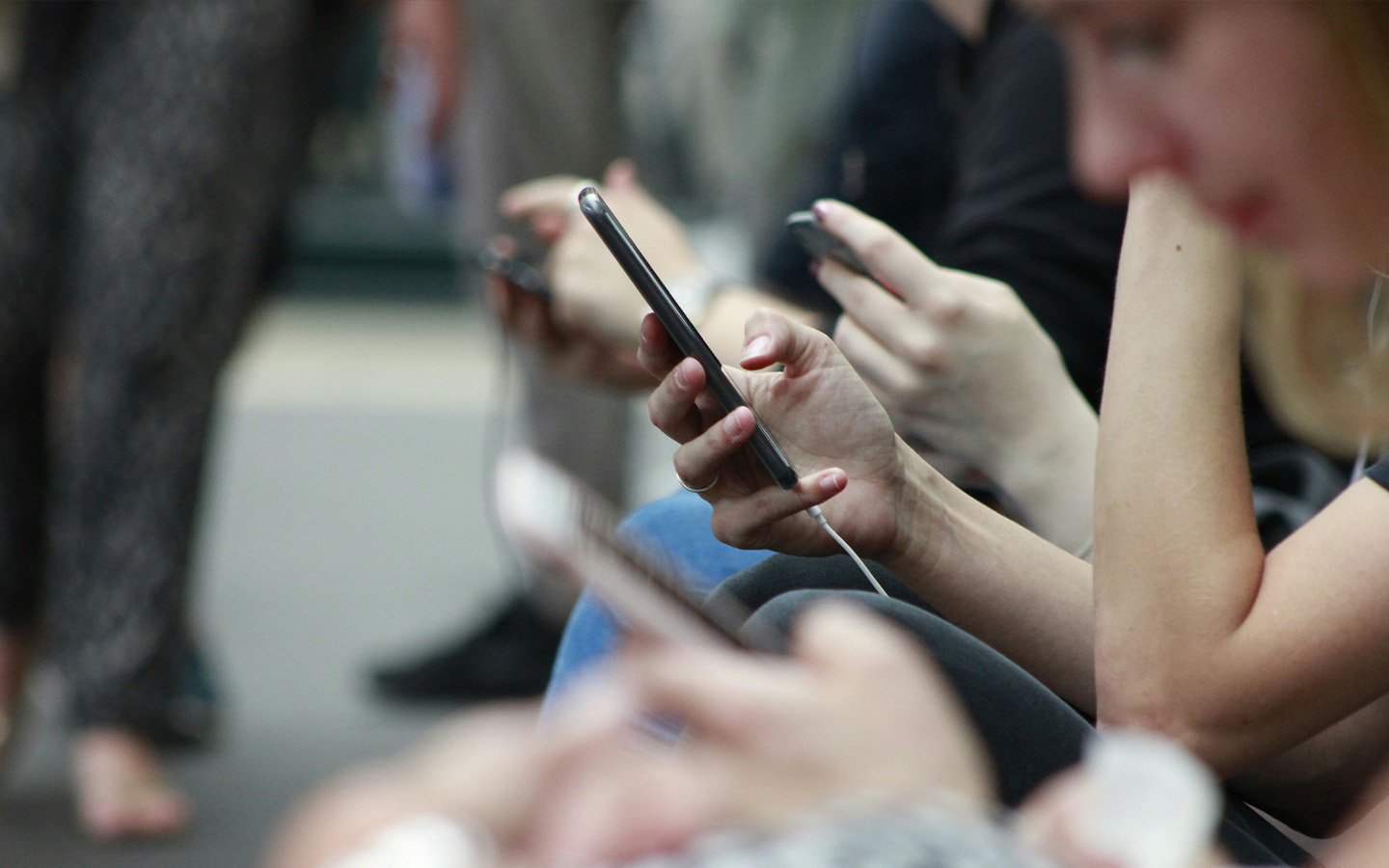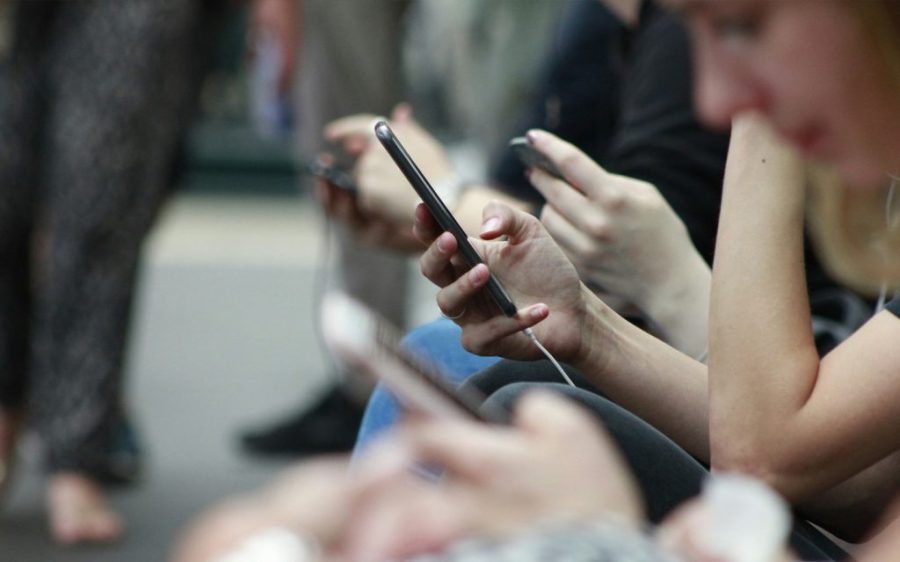While there do appear to be links between social media and poor mental health in adolescents, new research suggests that this relationship can vary significantly in strength for different individuals, CNN reports.
One recent study, published in the medical journal JAMA Pediatrics, noted that a one-size-fits-all approach to combating social media usage may not be the most effective means of improving rates of depression and anxiety in young people.
Another analysis, published by the National Academies of Sciences in the US, concluded that there was “not enough evidence to say that social media causes changes in adolescent health at the population level.” It noted that “despite many years of research, the evidence clarifying precisely how social media influences health is limited.”
[See more: Ban smartphones for kids? French researchers say yes]
Findings like these could impact the ways countries regulate social media in the future. France, for example, has been mulling over whether to completely ban social media platforms like TikTok, Instagram and Snapchat for those under 18.
The National Academies committee, however, has recommended against social media ban. It said that potential harms such as unhealthy social comparisons, sleep patterns and study habits did not necessarily outweigh the benefits social media can bring to young people. The likes of fostering connections with family and friends, and enabling participation in online support communities.
The US Surgeon General, Dr Vivek Murthy, is meanwhile pushing for tobacco-style warnings on social media – a move one academic said possibly goes too far.
[See more: Gadgets are drastically reducing children’s exposure to language]
Pamela Wisniewski, an associate professor in human-computer interaction at Vanderbilt University in the US, noted that the correlation between smoking and chronic illness was far more cut-and-dried than that between social media and poor mental health. Therefore, while cigarettes’ warning labels needed to encourage complete cessation, those on social media did not.
“The key is to focus on solutions that empower youth and give them choices and opportunities to maximise the benefits of social media use, while minimising risks – as opposed to taking restrictive and surveillance-based approaches that are heavily rooted in fear,” Wisniewski said.






